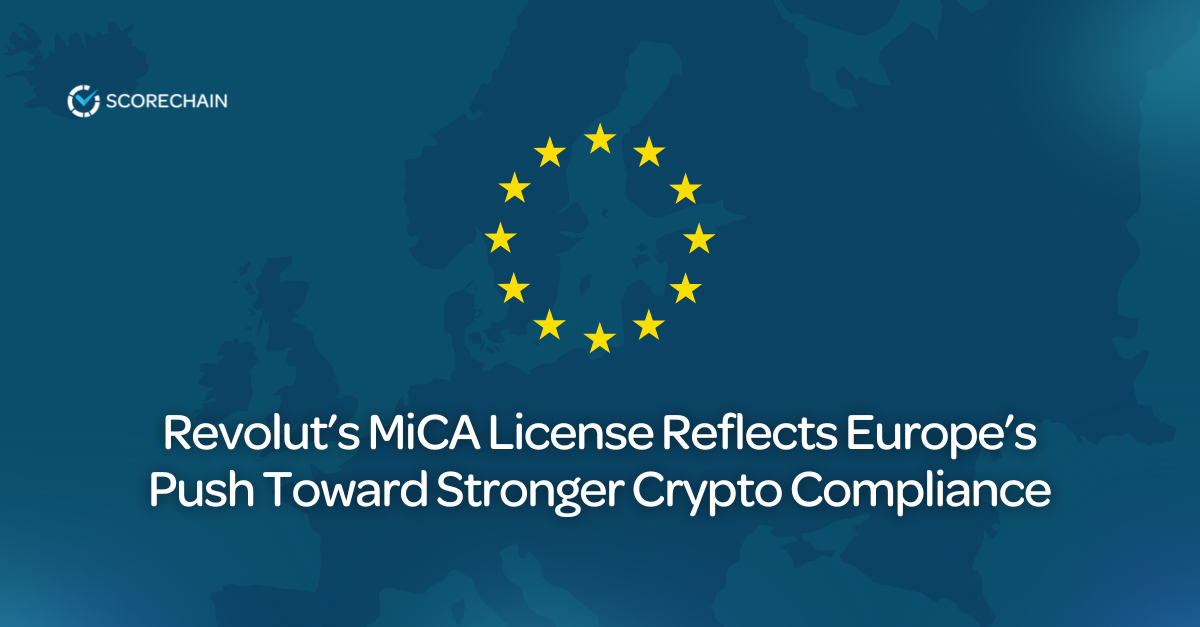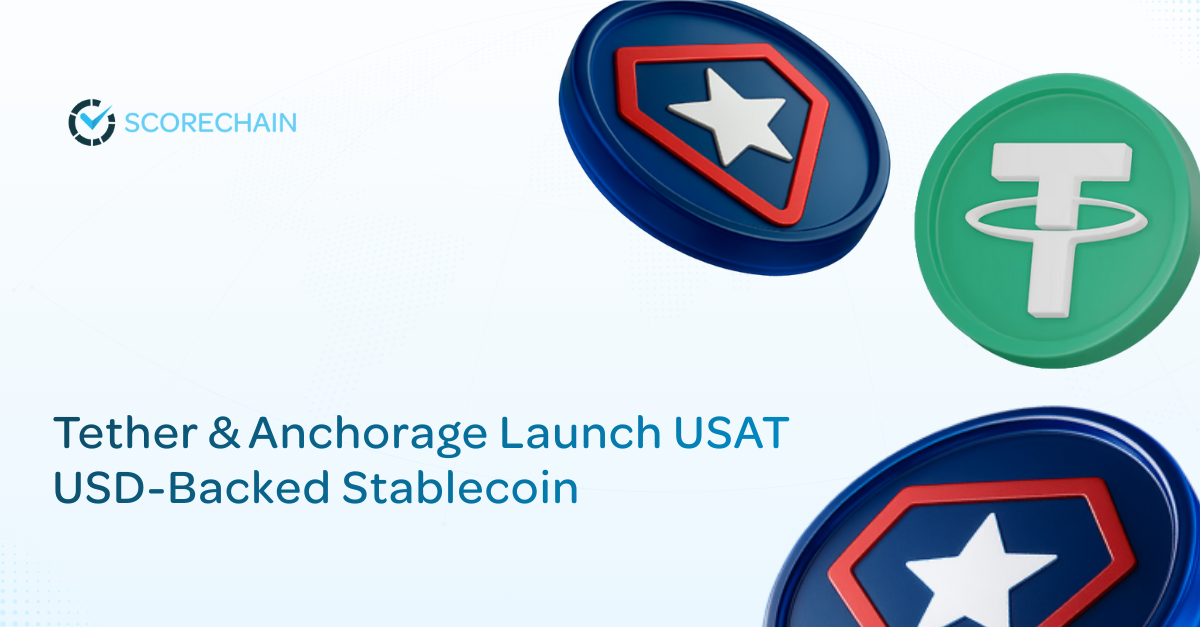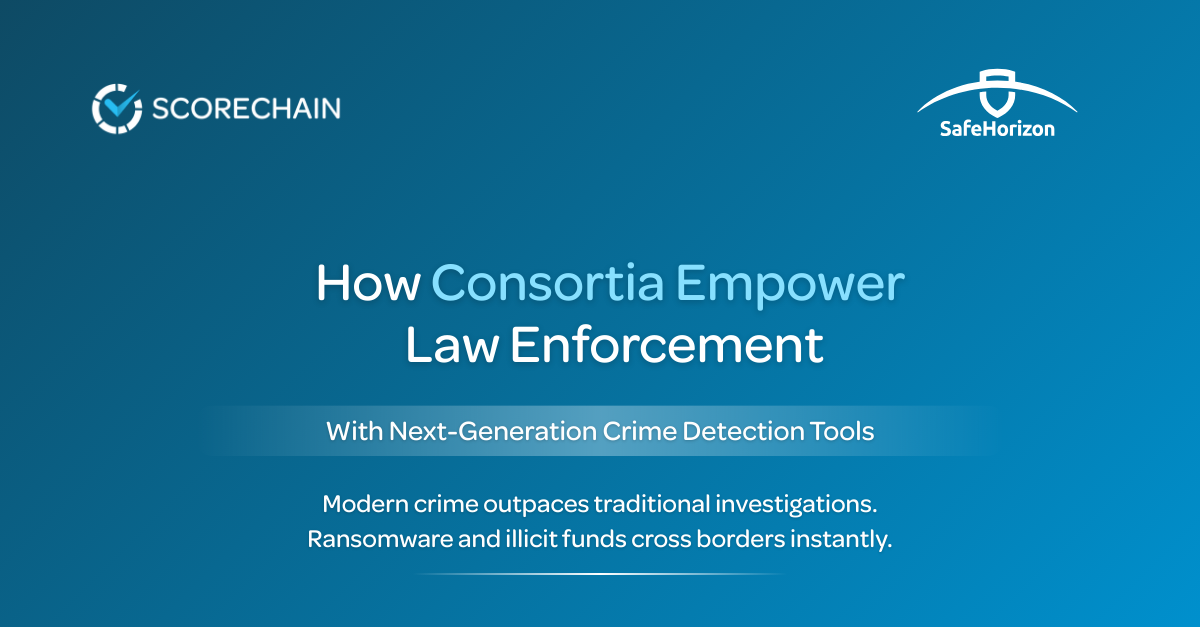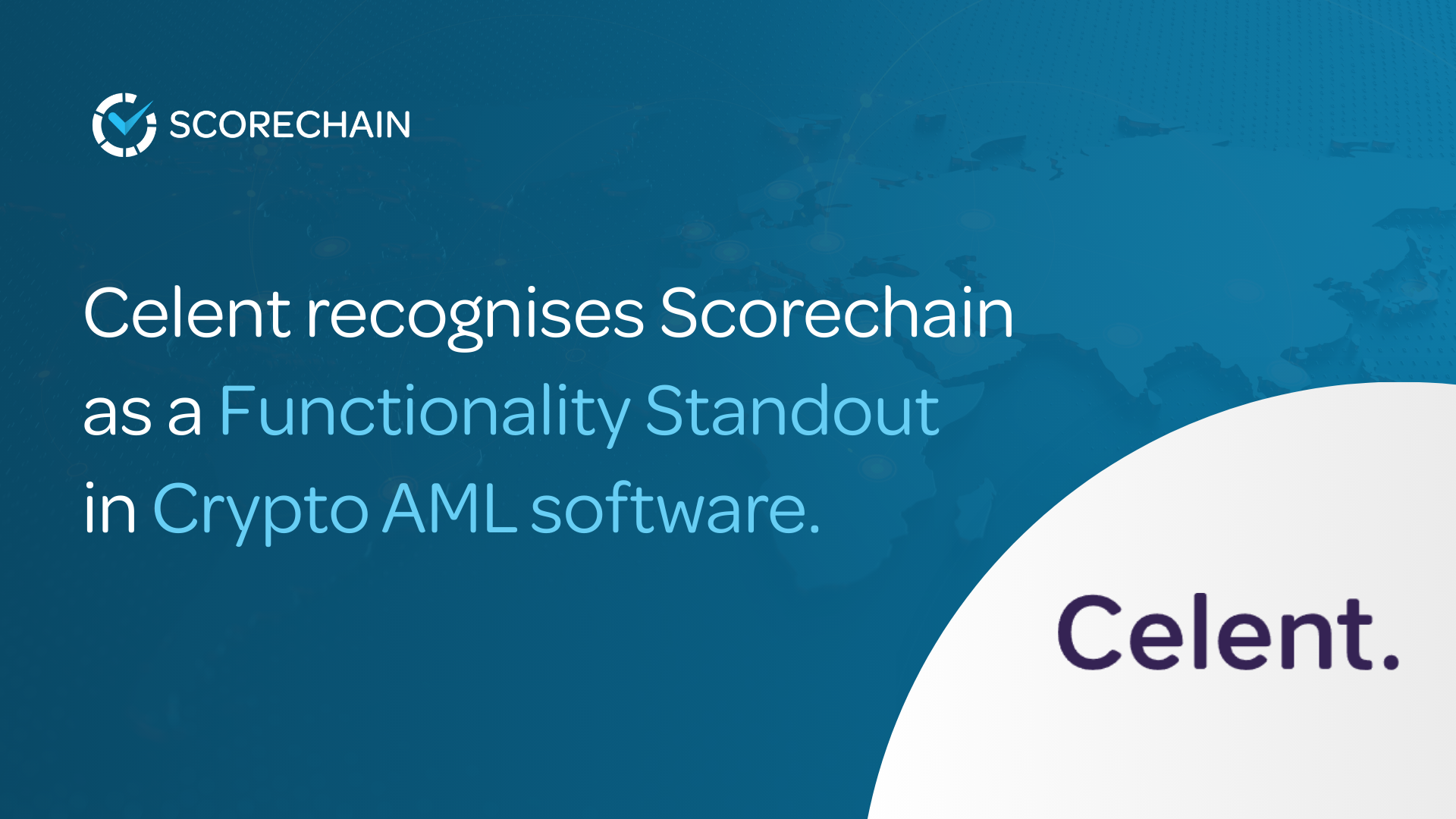TLDR:
Revolut’s MiCA authorisation in Cyprus underscores the maturity of Europe’s regulated crypto market. It highlights a shift from uncertainty to operational discipline, where compliance defines scale. Scorechain’s monitoring systems identified the CySEC approval within hours of publication, demonstrating how real-time regulatory intelligence is now essential. In Europe’s evolving crypto landscape, sustainable growth depends on transparency, governance, and regulatory credibility.
Revolut’s recent authorisation under the European Union’s Markets in Crypto-Assets Regulation through the Cyprus Securities and Exchange Commission is a clear signal of how Europe’s crypto industry is maturing. It is not a groundbreaking regulatory development but a reflection of how major fintech players are now building compliance into the core of their expansion strategy.
MiCA has brought long-awaited clarity to the European digital asset market. The framework allows authorised crypto-asset service providers to operate across the entire European Economic Area under one licence. This unified approach replaces the patchwork of national rules that previously complicated cross-border operations. Revolut’s choice of Cyprus is a calculated one. The country’s financial regulator, CySEC, has gained credibility for its experience with digital asset licensing and its ability to combine efficiency with robust oversight.
What makes this development significant is the operational discipline that MiCA now demands. The regulation does not only focus on token issuance and service provision. It sets clear expectations for governance, transparency, and the management of operational and financial risk. Firms must be able to show that they can monitor transactions, prevent financial crime, and maintain accurate, auditable records. These requirements reflect a broader shift in how digital asset businesses are expected to operate.
At Scorechain, we view this as a natural evolution of the industry. Compliance has moved from a defensive obligation to a foundation for trust and growth. The ability to understand and monitor blockchain transactions, identify risks, and verify counterparties in real time has become central to how financial institutions engage with digital assets. Blockchain analytics is no longer a niche tool for investigators. It is a strategic necessity for firms that want to operate at scale under supervision.
Our monitoring systems detected the Revolut authorisation within hours of its publication on the CySEC register, reinforcing how real-time regulatory intelligence is becoming critical for compliance teams. Having access to such updates immediately allows institutions to benchmark their own readiness, assess competitive positioning, and understand the evolving landscape of MiCA-licensed entities across Europe.
Revolut’s move also reflects the changing balance of competition in Europe’s crypto market. Larger institutions that have invested in compliance infrastructure are now positioned to lead. Smaller firms that relied on lighter regulatory environments may find it increasingly difficult to compete as transparency and traceability become baseline expectations. MiCA removes the space for regulatory arbitrage and replaces it with a level playing field based on demonstrable governance and data integrity.
The choice of Cyprus as a base reinforces another important point. Regulatory competition in Europe is shifting from flexibility to credibility. Jurisdictions that combine efficiency with proven supervisory depth will attract more applications. CySEC has established itself as one of those credible regulators and Revolut’s approval reinforces that position.
From a compliance analytics perspective, the focus is now on readiness rather than reaction. Regulators expect firms to have the systems, data, and expertise to identify risks before they become compliance breaches. Real-time blockchain monitoring, risk scoring, and data-driven decision frameworks are becoming the standard. The market’s expectations have matured, and so has the regulator’s view of what responsible digital asset management looks like.
Revolut’s MiCA licence is not about the novelty of regulation but about execution. It shows that the infrastructure for regulated crypto in Europe is no longer theoretical. It is operational, supervised, and expanding. For financial institutions and service providers, the lesson is clear. Growth in this market now depends on the ability to scale compliance alongside innovation.
At Scorechain, we see this as a defining period for the European crypto ecosystem. Firms that recognise compliance as a competitive advantage rather than a regulatory cost will set the pace for the next phase of digital finance. MiCA provides the structure. It is now up to the industry to prove it can build within it.
.png)




.png)














